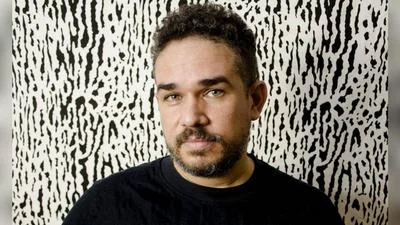City and County of Denver issued the following announcement on Nov. 9.
Over the course of the pandemic, the City and County of Denver has witnessed the convergence of two public health crises: COVID-19 and the continuing impacts of institutionalized racism. People of color and immigrant and refugee communities have been and continue to be disproportionately sickened or killed by COVID-19. The vulnerability of these communities is a direct result of inequitable health and economic policies and systems exacerbated by this pandemic.
The Denver Department of Public Health & Environment (DDPHE) recognizes that racism is a public health crisis. As Denver’s public health authority, it is the responsibility of this agency to improve health and racial equity through its own efforts and in partnership with other city agencies. Only then can DDPHE achieve its mission of “empowering Denver’s communities to live better, longer.”
DDPHE’s response to COVID-19 highlights the department’s commitment to eliminating health and racial inequities. At the onset of the COVID-19 pandemic response in Denver, DDPHE immediately launched a mobile testing unit to bring tests to those who are homebound, have limited transportation ability, or are otherwise unable to access standard testing sites. The department continues to make this service available to those who need it.
The centrally located mass test site at the Pepsi Center removed many barriers to testing, including cost and the necessity of a doctor’s order to receive a test. However, DDPHE leadership and staff learned that communities of color continued to experience barriers to these services. As a response, the department further adapted its community-based testing strategy by shifting its focus from one large test site to highly localized, rotating sites in communities of color, as well as in low-income, immigrant and refugee communities. The new strategy was informed by data and coupled with community partnerships, outreach, and education to increase access to testing for Denver’s most vulnerable, underserved and affected communities.
DDPHE’s response to the pandemic is just the beginning of its broader commitment to addressing racism in public health. “Our work related to COVID-19 is the first step in a long journey of commitments and actions that lead to the elimination of health inequities created and sustained by racism,” said Robert McDonald, executive director of DDPHE and public health administrator for Denver. “Time is of the essence. As a department, we will create policies and actions that consider everything that impacts health. This is especially critical with virus trends indicating that marginalized communities are disproportionately vulnerable to health crises and the steps we take to contain them.”
Racism and other structural inequities are an ongoing public health crisis that demands immediate attention. As evidenced by its response to the COVID-19 pandemic, DDPHE is well-positioned to support systems-level change and foster collaboration between city agencies, stakeholders, and community organizations to advance racial equity and improve public health.
Original source can be found here.



 Alerts Sign-up
Alerts Sign-up